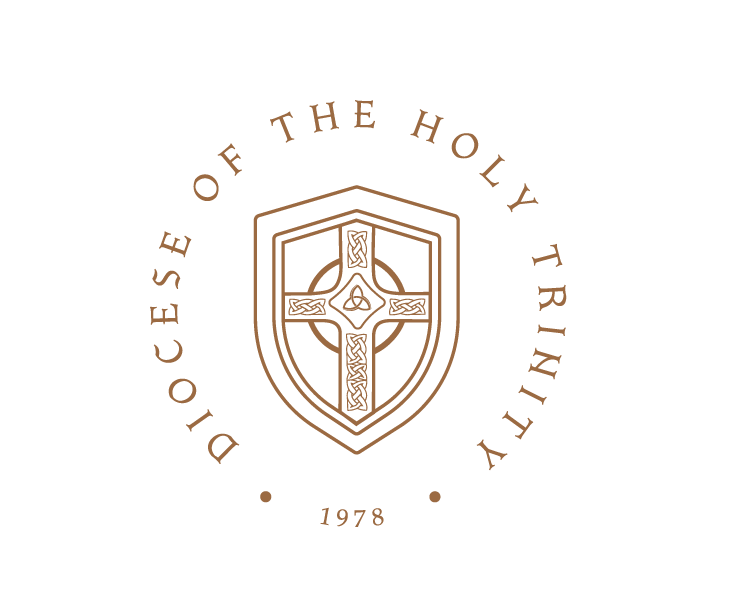Some Thoughts on the Sacrament of Confession
We complete our Lenten preparations for the Easter Feast by making a good confession. We put to death the old Adam so that we may rise with Christ, the new Adam. One way we can do this is by making a sacramental confession to a priest. Some people object to sacramental confession. They say we can confess our sins directly to God and, therefore, do not need a priest. While we can and ought to confess our sins directly to God regularly, there are compelling reasons to make use of the sacrament of confession.The objection to confession is an objection to mediators. Some say we do not need mediators to come between us and Christ. The Bible disagrees. The Bible teaches us that the members of the Body of Christ are given spiritual gifts to serve one another. When we use our gifts to serve others, we become mediators of grace for other people. We might just as well object, “I don't need someone to encourage me when I am down. I can go directly to God for encouragement in my prayer." While this is true, most Christians are thankful for believers whose gifts and presence mediate grace to us also.The point of sacramental grace is not that you cannot get grace any other way. The point is that sacraments administered by those who bear the authority of Christ help us to receive grace more objectively and powerfully. When we confess our sins directly to God, we may feel forgiven based on the Scriptural promises. However, when we confess sins to a priest who hears our confession on behalf of the church and pronounces absolution with the authority of Christ, our forgiveness becomes a matter of objective, historical fact.There is a communal dimension to forgiveness. We are saved as members of the church—not as isolated individuals. Our sin not only affects our personal relationship with God; our sin also impacts the whole Body of Christ. An example of this is the sin of Achan in Joshua 7. Forgiveness means being forgiven by God and being restored to the fellowship of the church. In the early church, confession was made to the whole congregation. When the growth of the church made this practice unwise, the priest came to represent the church in confession. The priest hears the confession for the church and gives absolution in the name of Christ.There is a practical side to confession. We experience grace more fully when people are involved in ministering it to us. Most of us are afraid that people would reject us if they really knew us. When other people come to know us as we really are and forgive us, love us, and accept us anyway, God’s love becomes an experiential reality rather than a theological concept. Ideally, the whole church would live in this sort of honesty and authenticity. In real life, we do well to cultivate this with an inner circle of believers with whom we have developed trust. The sacrament of confession is a place to practice being known.We encourage sacramental confession during the penitential seasons of Advent and Lent to prepare for the great feasts of Christmas and Easter, and whenever we fall into serious sin or feelings of guilt that require the positive, objective medicine of confession. The point is not that you must or that you can’t be forgiven if you don’t. The point is that confession is a powerful means of experiencing the grace of forgiveness.

